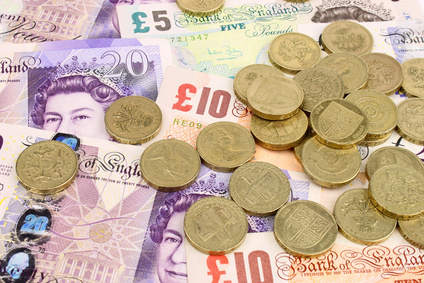
Household expenditure rose 0.2% as Britons were prepared to spend.
UK GDP grew by 0.7% in the first three months of 2025, above what most economists had expected.
February saw the biggest boost to GDP with 0.5%, but March surprised many economists with a 0.2% rise to GDP.
Business investment rose 5.9% despite fears surround increased labour costs from April.
Household expenditure rose 0.2% as Britons were prepared to spend.
Danni Hewson, head of financial analysis at investment and platform provider AJ Bell, said that whilst these figures should be celebrated, they are unlikely to be repeated over coming quarters.
She said: “There’s no question that the economy looks a whole lot more robust than many people had expected considering the gloom that permeated perception in the wake of last year’s Budget.
“Growth has been resilient and significant despite concerns about the impact of increased employment costs and uncertainty linked to Donald Trump’s tariffs. Whilst not quite matching last year’s first quarter, it has come in way above what had been expected.
“The service sector has been the driving force. People have been prepared to get out and spend money after a leaner Christmas as inflation continued to cool and wage increases meant many had a bit more in their pockets.”
Rob Morgan, chief investment analyst at Charles Stanley, agreed that the sunnier outlook for the UK economy may not be set to last.
He said: “Importantly, the first quarter may reflect a dash for exports ahead of the April US tariff announcements, essentially pulling forward activity from future months.
“Moreover, the economic tectonic plates are still shifting rapidly with potential for reverberations across the globe. While there has been some relief from the temporary rollback of reciprocal tariffs from the US administration, and the UK was first out of the gates with a trade deal, it is barriers between the US and other trading partners, notably China and Europe, that will be of greater impact on the UK’s open economy.
“Here, things hang in the balance. The agreement between Washington and Beijing to lower tariffs is welcome, but it is only a temporary deal. There’s no guarantee the lower regime established will be rolled over into a new reality.
“Tariffs pour cold water on economic growth, making businesses delay investments and consumers to be more cautious with their spending. The uneven path to agreements could be set to weigh on global growth for months to come.
“Meanwhile, the UK’s own trade deal has brought a degree of certainty, but domestic pressures in the form of increased employers’ National Insurance contributions and minimum wages could increasingly weigh on business activity. These kicked in from April, so we’ll see more of the impact in coming months. Again, there is likely to have been a degree of ‘front running’ of activity that flattered the first quarter numbers at the expense of subsequent ones.”